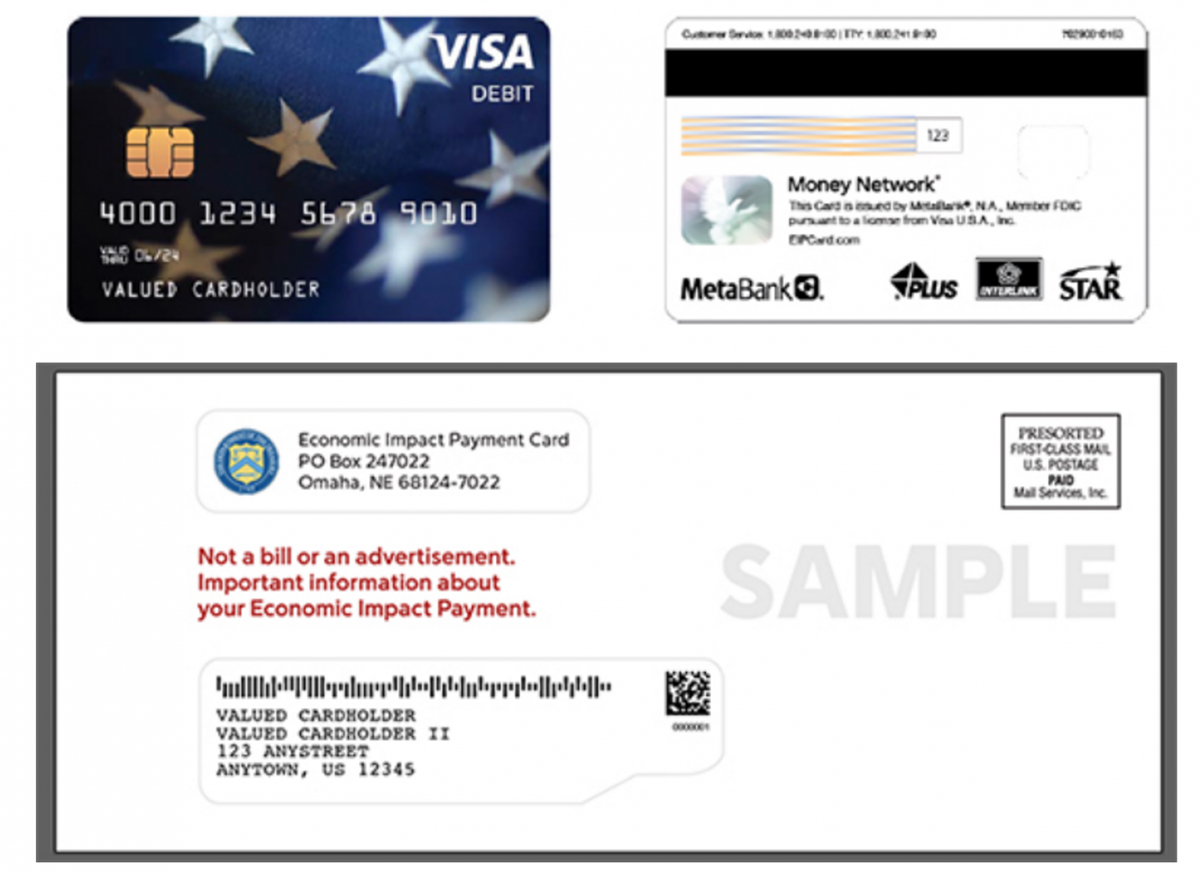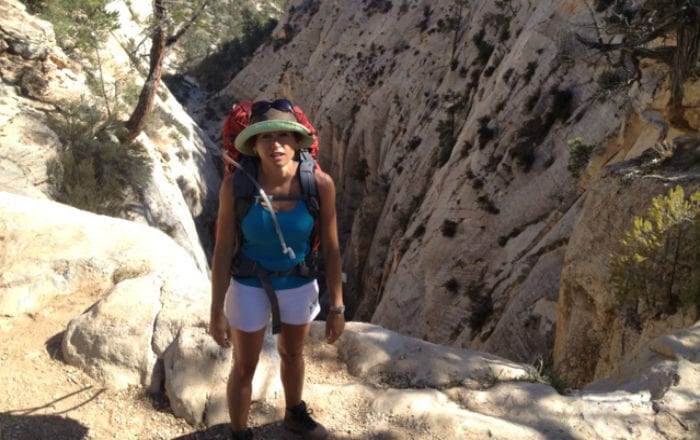
BBB Non-Scam Alert: Don’t Throw Away That Debit Card
It’s your stimulus!
Salt Lake City, UT — The IRS and the Treasury Department are delivering second Economic Impact Payments (EIP) as part of the Coronavirus Response and Relief Supplemental Appropriations Act of 2021.
Many Americans already received their EIP either by direct deposit to their bank account or in the form of a mailed check. The Treasury announced that the distribution of EIP Cards follows the millions of payments already made by direct deposit, and the ongoing mailing of paper checks. These are part of the Department of the Treasury’s and the IRS’s plan to deliver Economic Impact Payments as rapidly as possible.
Some have been sent out already, to the surprise of many who were unaware they were coming. In fact, Better Business Bureau Serving Northern Nevada and Utah is reporting dozens of concerned consumers reaching out about whether these cards are legitimate or scams.
“It looks very much like a scam,” said one man to BBB. Some have even submitted reports to BBB’s Scam Tracker, in efforts to help inform the community about what they think is the newest government imposter scam.
“It’s hard to know who to trust these days,” said Ty Nielsen of Salt Lake County. By the time he received his EIP debit card on Friday, it was after hours and too late to call to check on its validity. But luckily, he thought to check multiple places and didn’t end up throwing the card away.
“Just the simple rarity of getting a debit card in the mail is striking up red flags in people,” said Jane Rupp, President and CEO of BBB Serving Northern Nevada and Utah. “As it should! Generally speaking, if it seems too good to be true, it probably is. But in this case, it isn’t.”
BBB isn’t discounting the possibility that scammers will try to send fake cards, or convince consumers to part with their real ones.
Tips on how to recognize a legitimate EIP card:
-
EIP Cards are being sent in a white envelope with the U.S. Department of the Treasury seal.
-
The Visa® name will appear on the front of the card; the back of the card has the name of the issuing bank, MetaBank®, N.A.
-
The welcome kit explains more about the EIP card. Please go to EIPcard.com for more information and to see a sample image of the card.
BBB warns that scammers may try to text, call or email you, trying to convince you to give up the card number or your personal information. Report any phishing or scam attempts to the IRS and file a report with BBB Scam Tracker to warn others not to fall for the scam.
Once the card has been verified:
-
Activate the card by calling the number provided, setting a 4-digit PIN
-
Sign the card.
-
Keep the card in a safe place.
-
Do not share the information on the card with anyone.
-
Use the card anywhere Visa cards are accepted and/or get cash back at a retailer or ATM. Note that most transactions are free, but certain uses could incur fees. For more questions, visit EIPcard.com/FAQ.
“We usually work really hard to tell people not to fall for the scams we see every day. This is the first time in a while where we’ve had to do the opposite,” said Rupp. While people being skeptical of their mail is a good thing, these economic impact payment cards are too important to be casualties. She continued, “Don’t throw away that debit card from the Treasury! It’s your stimulus!”
If you have not received your Economic Impact Payment, you can track your funds using the Get My Payment tracking tool (https://www.irs.gov/
—
ABOUT BBB: For more than 100 years, the Better Business Bureau has been helping people find businesses, brands and charities they can trust. In 2019, people turned to BBB more than 183 million times for BBB Business Profiles on nearly 5.8 million businesses and Charity Reports on 11,000 charities, all available for free at BBB.org. Today, BBB serving Northern Nevada and Utah is supported by just over 4,100 Accredited Businesses that have voluntarily committed to adhere to BBB’s Standards for Trust.



